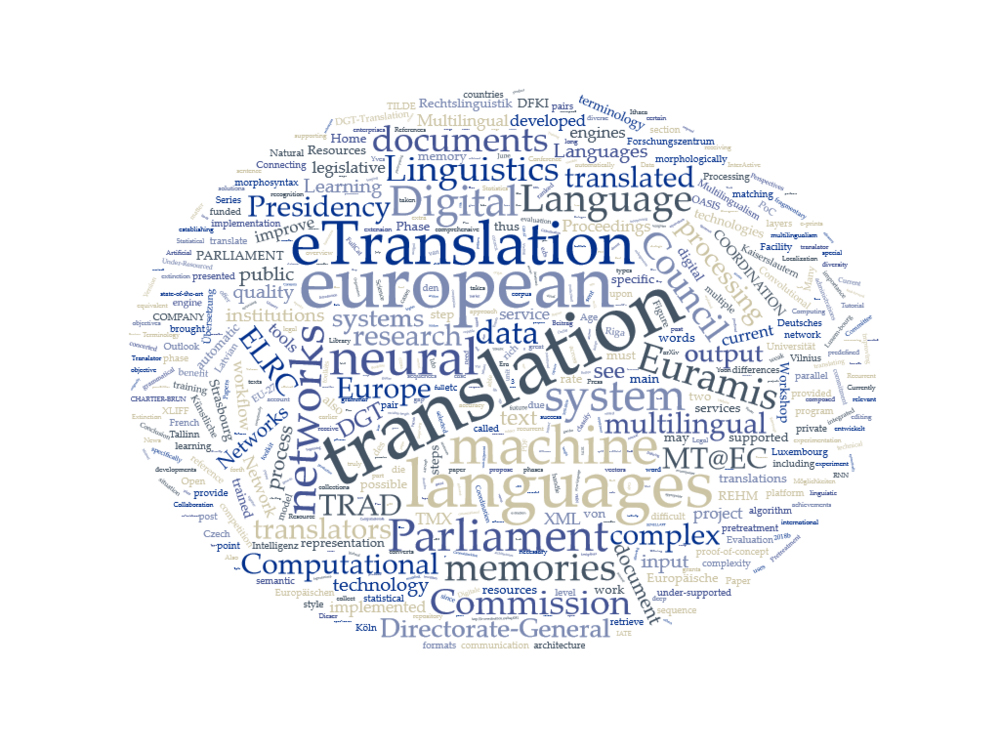Abstract
This paper presents an overview of the current developments and use of Machine Translation (MT) and Neural Machine Translation (NMT), specifically eTranslation, in the European Institutions. An insight into the state-of-the-art of NMT as currently in development in the Directorate-General for Translation (DG TRAD) of the European Parliament is provided by Pascale Chartier-Brun. Problems in machine translation support requiring further research and development for processing languages with complex morphosyntax are discussed in the outlook. This paper was developed from the presentation “IT integrated environment for optimising the translation of legislative documents in the EP“ by Pascale Chartier-Brun at the workshop “Europäische Rechtslinguistik und Digitale Möglichkeiten / EU Legal Linguistics and Digital Perspectives“, held at the University of Cologne July 7th/8th, 2017.
Dieser Beitrag bietet einen Überblick in die aktuellen Entwicklungen und den Einsatz von Machine Translation (MT) und Neural Machine Translation (NMT), insbesondere eTranslation, in den Europäischen Institutionen. Einen Einblick in den Stand der Technik der NMT, wie er derzeit in der Generaldirektion Übersetzung (DG TRAD) des Europäischen Parlaments entwickelt wird, gibt Pascale Chartier-Brun. Probleme bei der Unterstützung durch maschinelle Übersetzung, die weitere Forschung und Entwicklung für die Verarbeitung von Sprachen mit komplexer Morphosyntax erfordern, werden im Outlook diskutiert. Dieser Beitrag wurde aus dem Vortrag "IT-integrierte Umgebung zur Optimierung der Übersetzung von Gesetzesdokumenten im EP" von Pascale Chartier-Brun im Rahmen des Workshops "Europäische Rechtslinguistik und Digitale Möglichkeiten / EU Legal Linguistics and Digital Perspectives" an der Universität Köln am 7. und 8. Juli 2017 entwickelt.

Dieses Werk steht unter der Lizenz Creative Commons Namensnennung - Nicht-kommerziell - Keine Bearbeitungen 4.0 International.
Copyright (c) 2018 Zeitschrift für Europäische Rechtslinguistik (ZERL)

